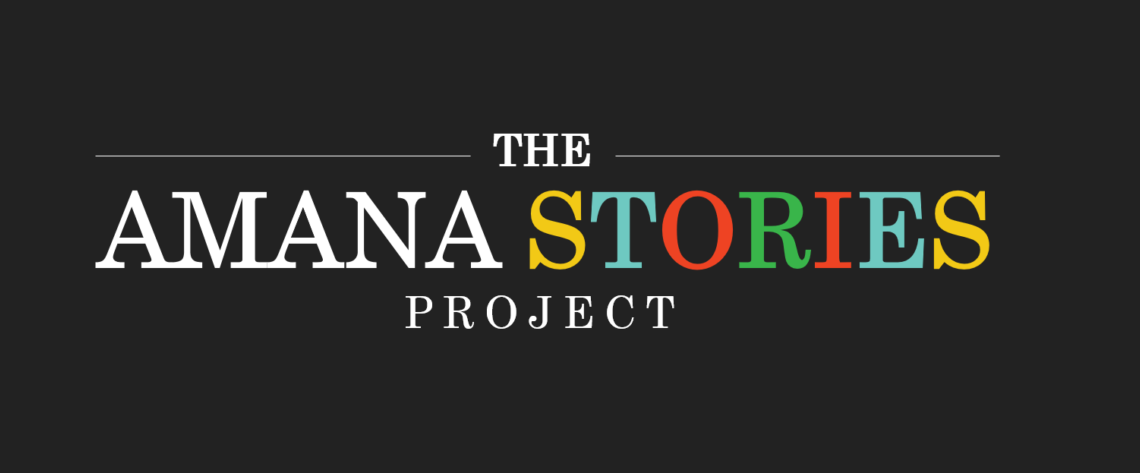
“I think the most crucial thing is understanding history. More importantly, understanding the African American history. It wasn’t that long ago that people like John Lewis, Malcolm X, Martin Luther King fought and sacrificed. As an immigrant, regardless of where you’re from, you’re benefiting more than those who came before you. The key is to look deeper and understand how this system works- things like schooling, criminal justice system, government policies- these structures are all by design.”
– Lilly Hayat Legesse, Amana Parent
Growing up, who inspired you?
My parents are my greatest inspiration. As an African immigrant, I have so much gratitude for their sacrifice to move to a new country. to move from Ethiopia to America. We moved when I was 9, and the reason was initially due to political issues back home. They were rounding up boys to go to war. They came for a better opportunity.
I can’t imagine doing that for my kids now. It’s a huge sacrifice leaving everything you know.
My dad’s focus was always education. Education was empowerment, especially because he never got that education. He was a businessman.
Through this transition of moving to America, did your sense of identity shift in any way?
There were definitely phases of how I personally identified myself. In Elementary School when I still had my accent, I clearly identified as “Ethiopian”. But then in Middle School when I lost my accent, I started identifying myself as a Black person living in America.
My family was very forthcoming in educating ourselves about why things are the way they are in America. What’s this country’s history? What has been the African American experience?
Tell me more about that. Given the context of America’s history and complex relationship with race, did you notice any dynamic coming here as a native African?
Yeah, it’s very interesting. When we bought our house in the Alpharetta area, we recognized that the KKK was the next county over. 30 years ago, you couldn’t buy a house here as a Black person. So the fact that I’m able to buy a house…. I’m very conscious of the privilege I’ve gained as an African without the real sacrifice.
I had a leg up compared to many African Americans. I mean, even in the corporate work environment. They’re always like, “Oh, where are you from?” because they’ll notice my name sounds different. It’s almost like they feel like because I’m from Ethiopia, I’m more interesting or exotic. It’s like my roots are a conversation starter. And the tone they use to speak to you- it’s like they’re alluding to “Wow, look how far you’ve come!”. That’s not a compliment. “You came here at such a young age and look at where you are right now.” It feels demeaning.
What are some things you try to keep at the forefront of your mind as you raise your children in this current climate?
I think the most crucial thing is understanding history. More importantly, understanding the African American history. It wasn’t that long ago that people like John Lewis, Malcolm X, Martin Luther King fought and sacrificed.
As an immigrant, regardless of where you’re from, you’re benefiting more than those who came before you.
The key is to look deeper and understand how this system works- things like schooling, criminal justice system, government policies- these structures are all by design.
How do your children identify themselves?
Lilly: Well, let me just ask them. Iman, come here.
<Lilly calls her six year old daughter >
Lilly: Iman, where are you from?
Iman: Hmm. One leg is Nigerian. One leg is Ethiopian. And my body is American.